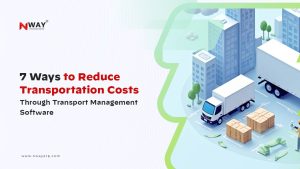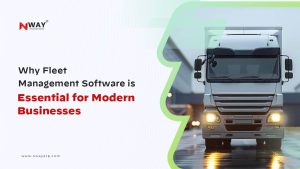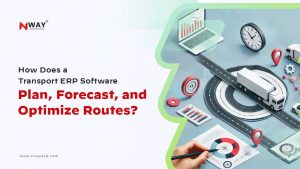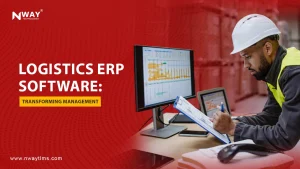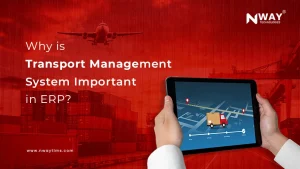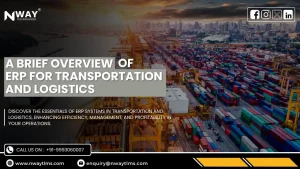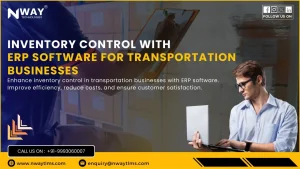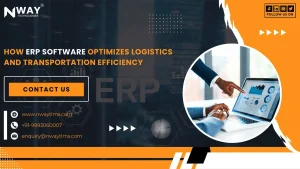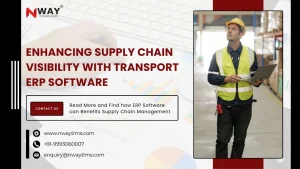The Benefits of Using ERP Software for Fleet Management
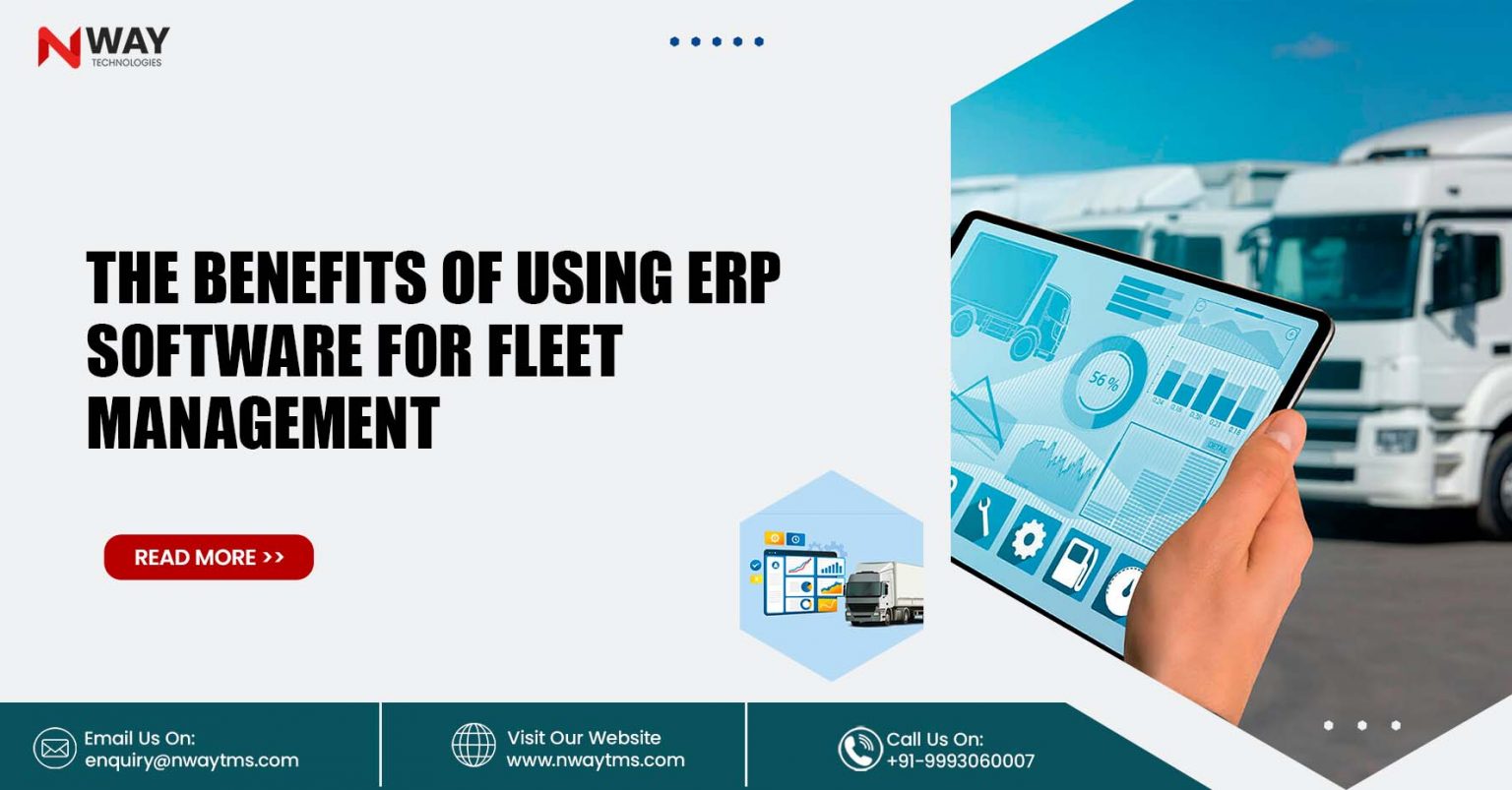
The modern fleet management landscape is an ever-evolving industry with various challenges and complexities that businesses are forced to navigate to remain competitive. One of the most effective solutions for fleet managers is Enterprise Resource Planning (ERP) software. ERP software provides a comprehensive platform for fleet managers to effectively manage their fleet, allowing them to track and monitor performance, optimize operations, and reduce waste. With the ability to make decisions faster and more accurately, ERP software offers numerous benefits to fleet managers, including improved efficiency, greater visibility, and better cost management. With an ERP system, fleet managers can ensure that their organization runs as smoothly and efficiently as possible.
Benefits of ERP Software for Fleet Management
A robust ERP system enables fleet managers to streamline processes across the organization, enabling employees to work more effectively and efficiently, which equates to lower costs for the organization. With real-time data, fleet managers can make more accurate decisions about scheduling, deliveries, and other operational activities, which can help to reduce costs and improve customer satisfaction. Some of the benefits are;
a. Data-Driven Decisions with ERP Software
The ability to make data-driven decisions is a significant benefit of ERP software for fleet managers. With real-time data from across the organization, fleet managers can make more informed decisions about operational activities, improving efficiency and reducing costs. With an integrated system in place, fleet managers can view data from other departments, including HR and sales, so they have a comprehensive picture of the organization. It enables fleet managers to optimize resources and make more effective decisions.
For example, with an integrated system, fleet managers can view real-time data to optimize driver schedules and dispatch operations, which is critical for meeting delivery deadlines and maintaining customer satisfaction. With an integrated system, you can also identify trends and patterns, helping you forecast future issues and take action before they negatively impact the organization.
b. Improved Efficiency with ERP Software
ERP software enables fleet managers to achieve greater efficiency across all areas of fleet management, including asset management, dispatch management, and maintenance management. For example, you can schedule repairs for vehicles across multiple service departments, enabling you to assign jobs based on priority and reduce the number of vehicles in the repair shop. With integrated ERP software, you can also assign and track the progress of work orders across departments, enabling you to identify any potential issues or have employees work together to resolve issues faster.
c. Increased Visibility with ERP Software
Fleet managers can increase visibility across the organization with an ERP system, enabling them to make more accurate decisions and better manage costs. With real-time data, you can optimize operations and identify trends and patterns. For example, with real-time data, you can identify potential issues with staffing levels and assign additional employees as necessary to avoid overspending on personnel.
With real-time data, you can also identify trends and patterns in sales and customer service, enabling you to make more accurate decisions about hiring and scheduling, as well as product delivery. With real-time data, you can also identify trends and patterns in maintenance, enabling you to make more accurate decisions about when to schedule vehicle repairs and when vehicles are due for maintenance.
d. Better Cost Management with ERP Software
ERP software enables fleet managers to manage costs across the organization better. With ERP Software, you can make more accurate decisions about pricing and product mix; you can also identify vehicle maintenance which helps you to make more accurate decisions about when to schedule repairs, which can help you to minimize the cost of repairs.
With ERP Software, you can also identify trends and patterns in dispatch management, enabling you to make more accurate decisions about scheduling, which can help you to minimize the cost of idling vehicles; you can also identify trends and patterns in asset management, enabling you to make more accurate decisions about vehicle purchases, which can help you to minimize the cost of new vehicle purchases.
Conclusion
Fleet management is a complex industry that must navigate various challenges, such as fluctuating customer demand, a changing economic landscape, and the need to remain compliant with regulations. One of the most effective ways to manage fleet operations is by implementing an Enterprise Resource Planning (ERP) system. An ERP system can provide a comprehensive platform to effectively manage fleet operations, allowing you to track and monitor performance, optimize operations, and reduce waste. With the ability to make data-driven decisions and enhance operational processes, an ERP system offers numerous benefits to fleet managers, including improved efficiency and greater cost management.
Let’s make running your construction business a little less crazy.
Subscribe for weekly insights.
Recent Posts






